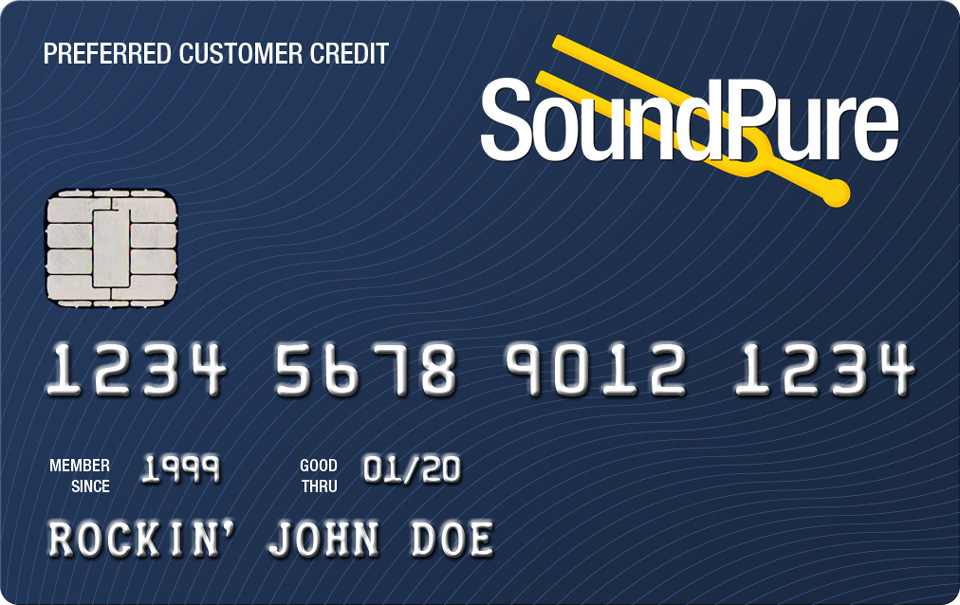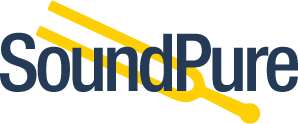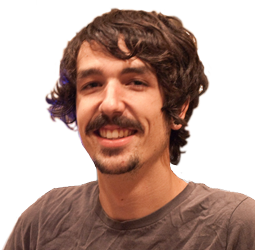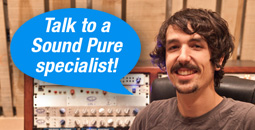-
Call Us Toll Free888-528-9703
-
Local/International (+1)919-682-5552
- Call Us! Toll Free! 888-528-9703
- Local / International (+1) 919-682-5552

Townsend Labs Sphere L-22 Microphone Modeling System From UA
A world of sound and flexibility literally at your control. The Sphere is the ultimate modeling system to dial in the perfect mic to fit any source and any take
$1,499.00
"Experience the Difference"
 Payments as low as $34/mo.
Payments as low as $34/mo.
Manufacturer's Description from UA
The Sphere L22™ microphone system from Townsend Labs models the characteristics of the most sought-after large-diaphragm condenser microphones with amazing accuracy and allows selection of different mics and patterns even after tracking.
The Sphere® system consists of a high precision dual channel microphone, which when paired with the included Sphere plug-in (UAD, VST, AU, AAX Native) accurately models the response of a wide range of mics, including transient response, harmonics, proximity effect and three-dimensional polar response.
Now You Can:
- Record with the sound of microphones many have only dreamt about
- Change mic type, polar pattern, and other microphone characteristics, even after tracking!
- Audition the sound of different microphones without tiring the vocalist
- Reduce bleed, undesirable room coloration, and other common issues using Off-Axis Correction™
- Record in stereo from a single microphone
Breakthrough Microphone Modeling Technology
Sphere’s three-dimensional approach captures the spatial nuances, proximity effect and off-axis frequency response of a wide range of microphones, which until now was not possible with any other product.
Dream Collection
Access some of the most prized microphones of all time,
including a 47 (with VF14 tube), a 67, an M49, and a C12.
Sphere L22 Microphone
The Sphere system employs the high-resolution, dual-channel L22 large-diaphragm condenser microphone, custom designed to capture the three-dimensional soundfield with exacting detail. Manufactured to extremely tight tolerances, the L22 ensures that modeling is consistent and accurate.
Realtime UAD Processing
With Universal Audio Apollo, achieve extremely low latency (approx. 1.6ms round trip at 96kHz) for guaranteed real-time performance. Also supports native AAX, VST and AU.
Polar Pattern Modeling
Because Sphere captures the three-dimensional response of target microphones, it precisely emulates the polar patterns and other off-axis characteristics of vintage microphones which are essential to their unique sound.
Re-Mic Sphere Tracks
Select mic type, polar pattern and other settings both before and after tracking.
Adjustable Proximity Effect
No need to move a microphone solely because of too little or too much bass due to proximity effect. Great for punching in a vocal where distance from the mic varies from take to take.
Dual Mic Models
Dual Mode in the Sphere plug-in makes possible phase-coherent mixing of multiple virtual mic models from the same physical microphone, before or after tracking. It's also possible to adjust the relative phase alignment of the two mics with the Align control.
Record In Stereo (With One Mic)
With just one Sphere L22 mic it’s possible to make coincident stereo recordings, and even have different mic models on the left and right channels, using the Sphere 180 plug-in.
Axis Shift
Virtually rotate the axis of the mic to give a more off-axis sound before or after tracking.
Off-Axis Correction™
Create more accurate polar patterns to reduce bleed, room coloration, and susceptibility of feedback before or after tracking. For more information see the Off-Axis Correction chapter in the Sphere Hardware and Software User Guide.
Polar Meter
The Sphere plug-in features a visually informative (and very cool) Polar Meter that dynamically displays the direction and level of sound being picked up by the microphone, as well as the currently selected polar pattern.
Low Noise
The microphone hardware has a self-noise level of 7dB-A SPL, well below most vintage microphones and comparable to many of the best modern microphones.
High SPL Handling
The L22 can handle in excess of 140dB SPL before clipping and is remarkably rugged. It won’t be damaged by high SPLs or air blasts as some vintage microphones can be.

About Manufacturer
Universal Audio Inc. was re-founded in 1999 by Bill's sons, James Putnam and Bill Putnam Jr., with two main goals: to faithfully reproduce classic analog recording equipment in the tradition of their father, and to design new digital recording tools with the sound and spirit of vintage analog technology. However, as Bill Jr. recounts, the genesis of "UA, part 2" is actually a bit more serendipitous.
Having grown up in the music industry, Bill Jr. and James ("Jim") Putnam naturally assumed that the music business is where they'd eventually end up. Jim, a touring musician and recording engineer, and their older brother Scott, a studio designer in Southern California, were the first to follow in Bill Sr.'s path. However, Bill Jr. took a more circuitous direction, working for a number of engineering companies before undertaking a doctorate in Electrical Engineering at Stanford University. It was at Stanford that Bill Jr. became closely involved in the Center for Computer Research in Music and Acoustics (CCRMA), specializing in signal processing. It was also at Stanford that Bill Jr. began to assemble a team of the best and brightest minds in the field — who continue to steer many of Universal Audio's engineering efforts to this day.
However, the precise event that led Bill and Jim to start (or "reinvent") Universal Audio in 1999 was unexpected. As Bill Jr. tells it, when Bill Sr. passed away in 1989, he and Jim were faced with the Herculean task of cleaning out their dad's workshop and storage areas. While going through Bill Sr.'s old test equipment, boxes of parts, bits and pieces of consoles, and half-cannibalized 1176 compressors, Jim came across their father’s old design notebook. The two spent the evening poring over his notes, realizing that this was the map to every technical problem their father had ever solved. It was at that moment that they decided to bring back Universal Audio and its classic products.
Fast forward a decade. Now with nearly 80 employees and legions of new customers worldwide, UA is headquartered near the Silicon Valley, in Scotts Valley, California — where our classic analog gear is still hand-built, one unit at a time. The lengths we go to deliver the exact sound and performance of classic analog audio gear is unparalleled; in fact, the goal is for UA's modern units to perform identically to well-maintained units built decades ago.
Of course, analog is only half the story. At Universal Audio, we employ the world's brightest DSP engineers and digital modeling authorities to develop our award-winning UAD Powered Plug-Ins platform, featuring the most authentic analog emulation plug-ins in the industry. Our DSP gurus work with the original hardware manufacturers — using their exact schematics, golden units, and experienced ears — to give UAD plug-ins warmth and harmonics in all the right places, just like analog.


















